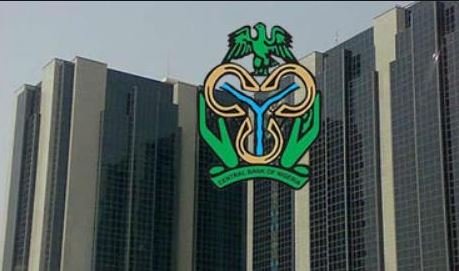Cash reserve policy takes N855b off banks’ vaults

THE Monetary Policy Committee of the Central Bank of Nigeria (CBN’s) decision to raise Cash Reserve Requirement (CRR) rate for banks has removed N855 billion deposits from banks’ vaults, a report on the policy shift has shown.
The CRR is a portion of banks’ deposit kept with the CBN at zero interest rate for liquidity control and tame rising inflation.
In an emailed report to investors, Afrinvest said the CRR increase was expected to quarantine between N812.6 to N855.3 billion from the banks’ vaults given total deposits ranging from N16.2 to N17.1 trillion.
Other rates- the Monetary Policy Rate (MPR)- benchmark interest rate, Liquidity Ratio, and Asymmetric corridor were left unchanged at 13.5 per cent, 30 per cent and +200bps/-500bps around the MPR respectively.
The Committee noted that the increase in Loan-to-Deposit ratio (LDR) and Open Market Operation (OMO) restriction has raised liquidity level while the land border closure continues to push inflation to 11.9 per cent as at December.
“With expected N4 trillion OMO maturities over the first quarter of 2020, the Committee expects that the CRR increase should restrain system liquidity given that a large chunk of these maturities can no longer access the OMO market following the restrictions of PFAs and other local investors,” the report said.
The MPC had expressed concern about the rising inflation, which increased consecutively in the last four months as at December 2019 to 11.98 per cent and higher than its target range of six to nine per cent.
“This rising price level is attributable to a combination of structural and supply side factors, expansionary fiscal policy; and growth in money supply arising from rising liquidity surfeit in the industry due to changes in the Bank’s OMO policy,” it said.
“In furtherance of its primary mandate to maintain price and monetary stability and in view of the anticipated medium-term liquidity surfeit from maturing OMO bills held by local private and institutional investors, which would not be rolled over, the Committee considered it prudent to raise the CRR to curtail liquidity surfeit in the banking system”.
The Committee expressed confidence that increasing the CRR at this time is fortuitous as it will help address monetary-induced inflation whilst retaining the benefits from the bank’s Loan to Deposit Ratio (LDR) policy, which has been successful in significantly increasing credit to the private sector as well as pushing market interest rates downwards.
The Committee further noted the contribution of imported food and other tradeables to the rise in price levels but emphasized the opportunity to ramp up production of domestic substitutes supported by the bank’s development finance initiatives, particularly in agriculture and manufacturing sectors.
In a further report on market development, Head of Macro-Strategy at EFG Hermes Research, Simon Kitchen, said the opportunity cost of holding dollar has collapsed now that T-bill yields are so low, and pressure on dollar/naira appears to be building.
“There is now a huge spread between the yields offered to foreigners – still around 14 per cent on one-year paper – and that for locals, and we have seen decent flow into Nigerian bond funds that invest in Eurobonds”.
“However, our strategy view is that the CBN is unlikely to allow a major move in Naira until other options are exhausted, potentially creating an overhang on the market. In the meantime, we may see expedient measures from the authorities to control local liquidity and keep Foreign Portfolio Investment positive,” he said. (The Nation)

